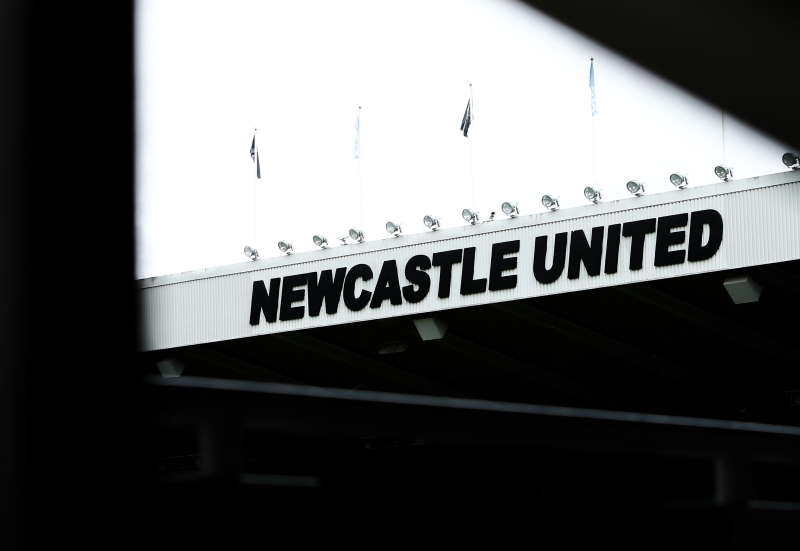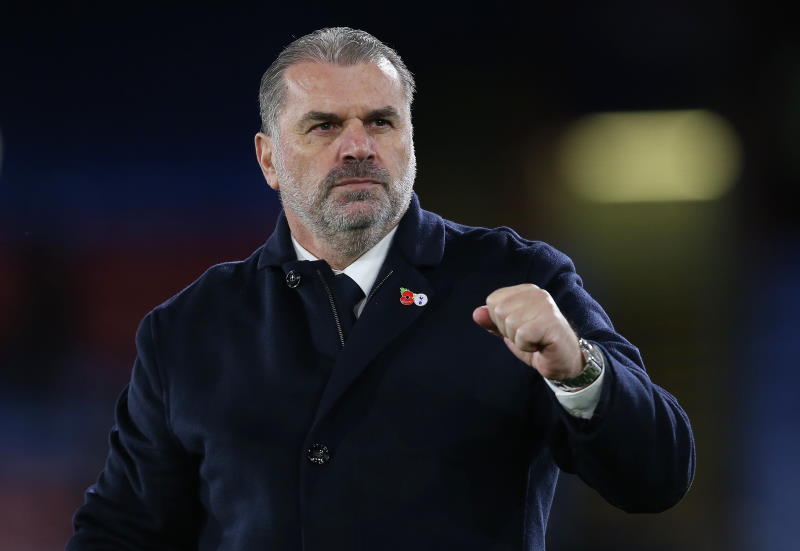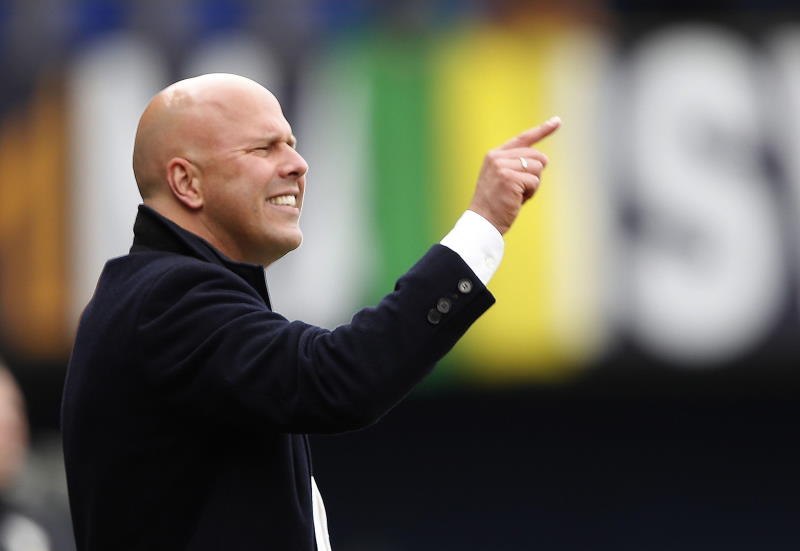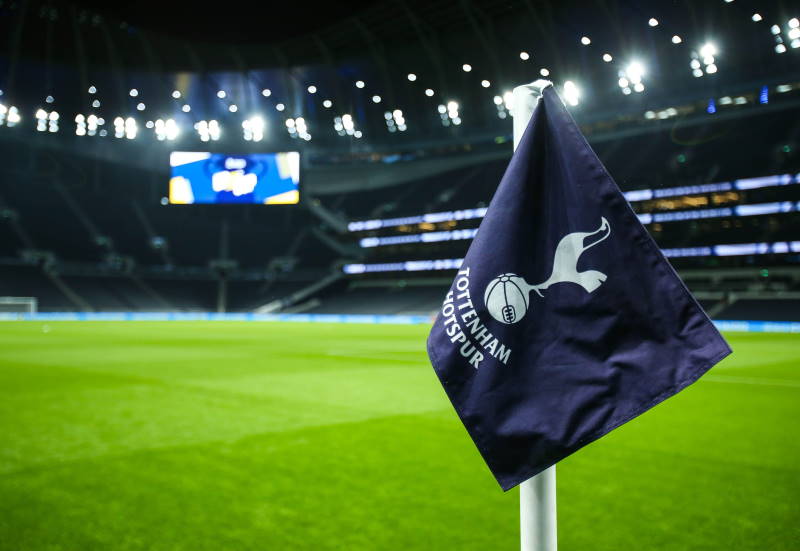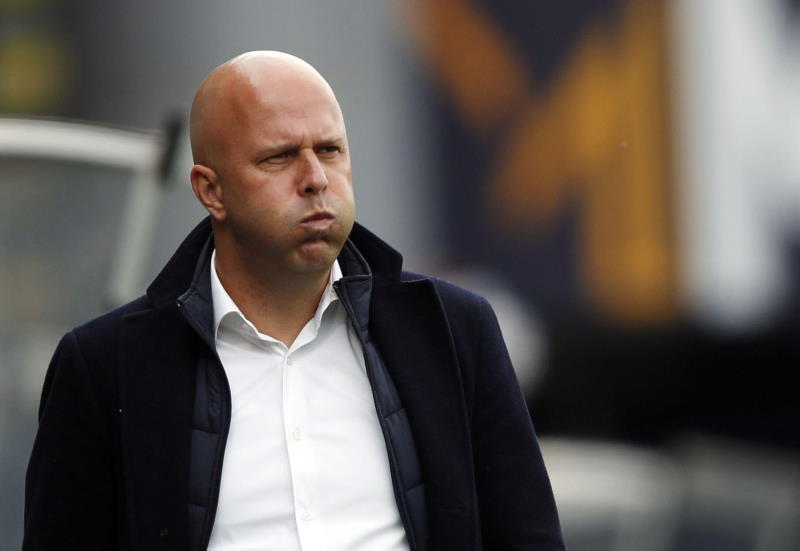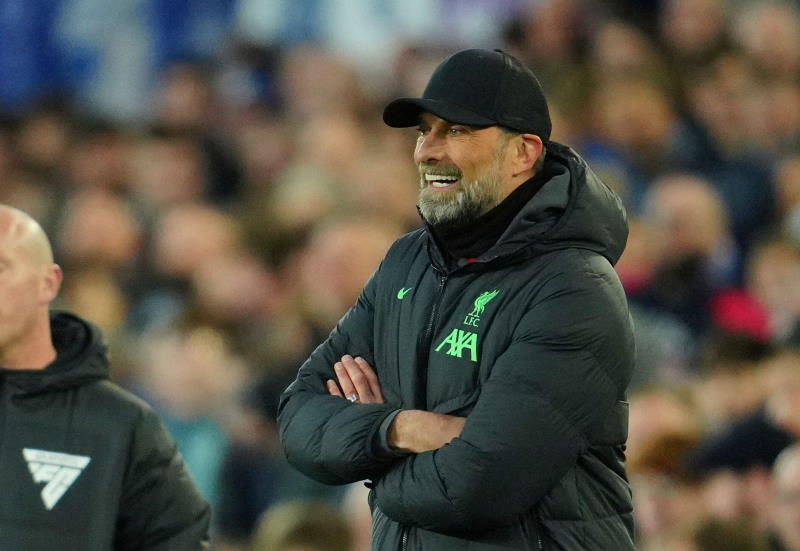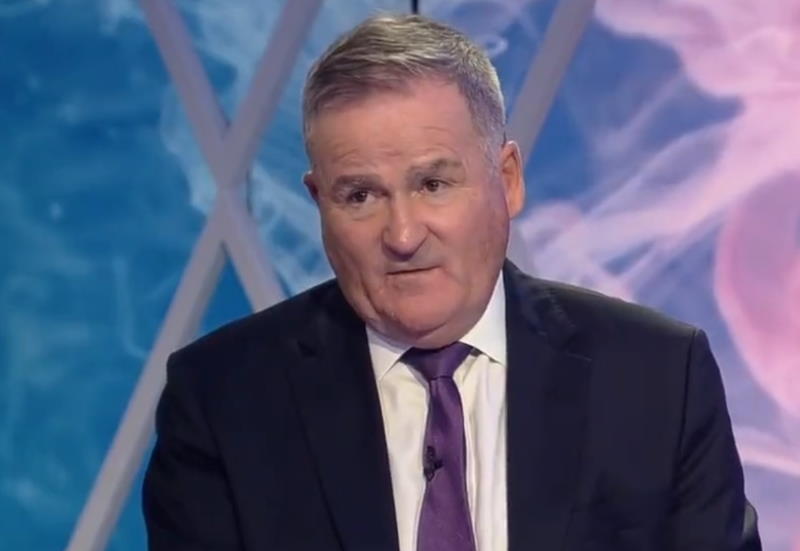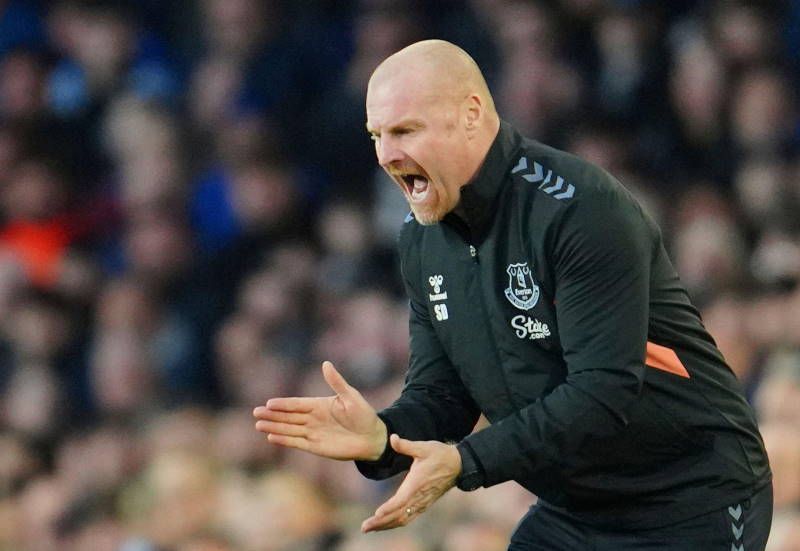 [kalooga-img]
[kalooga-img]
There is no doubt that 2012 will go down in Polish football history as a memorable year. However, it will not be remembered for any one-the-pitch successes by Polish teams, either at national or club level.
Despite the Reprezentacja failing to win a single one of their three matches at Euro 2012, the tournament must still be regarded as a success for Polish football. Thanks to some audacious wheeling and dealing behind the scenes by the PZPN (Polish Football Association) and the Ukrainian football authorities, these countries were awarded one of the game’s most prestigious tournaments – only the second time such an event has ever been held in Eastern Europe. The first was the 1976 European Championship which took place in the former Yugoslavia, a country that has since broken up into six separate states after the fall of communism in 1990. But that tournament featured only four teams and only four matches were played in two cities, Zagreb and Belgrade.
Since then the European Championship has evolved and even holding half a tournament as Poland did, involves hosting eight teams and staging 15 matches. The predicted problems suggested by some, in the interest of sensationalism including racist attacks against visiting fans, never materialised in either host country.
Unfortunately Polish club football does not seem to promote itself so well and more importantly, manage to get the financing that is vital in order to compete in Europe. And so on the pitch of play it has not been such a good year, where one of football’s ironies has decided to play tricks.
Finally equipped with fine stadiums fit to host matches at the highest level, Slask Wroclaw, Lech Poznan and Legia Warszawa all crashed out of Europe at the qualification stage. The reasons for that almost certainly have their roots in a lack of finance. Having just won only their second-ever league title, Slask became plagued by financial problems at the worst possible time. Their billionaire owner Zygmunt Solarz decided he had shelled out enough money and cut off funding, leaving the Wroclaw players wondering where their next pay-packet was coming from; hardly the best way to prepare for the Champions League.
Legia experienced a sudden exodus of three good young players who had played a major role in their excellent Europa League run, halfway through it.
Just when it looked like coach Maciej Skorza was building a good side with a fine balance of youth and experience, his work was virtually undone in one fell swoop. He followed Maciej Rybus, Marcin Komorowski and Ariel Borysiuk out of the Lazienkowska, when the second half of the season not surprisingly failed to match that promising start.
Likewise Lech lost their top scorer Artjoms Rudnevs who took a very popular route out of the Ekstraklasa, to the Bundesliga, joining Hamburg. The Latvian simply followed in the footsteps of his predecessor who had led Poznan to the league title, Robert Lewandowski.
Until Polish clubs can get regular funding and enough of it to hold on to the good players they have already got, never mind buying good ones they need, Europe will always be a tough mountain to climb. This means the Ekstraklasa’s finest will remain unattractive to sponsors and investors, and will have to continue to rely on selling their good young players, thereby lessening their chances of doing well in Europe. And so the vicious circle will continue.
[kalooga-article]

